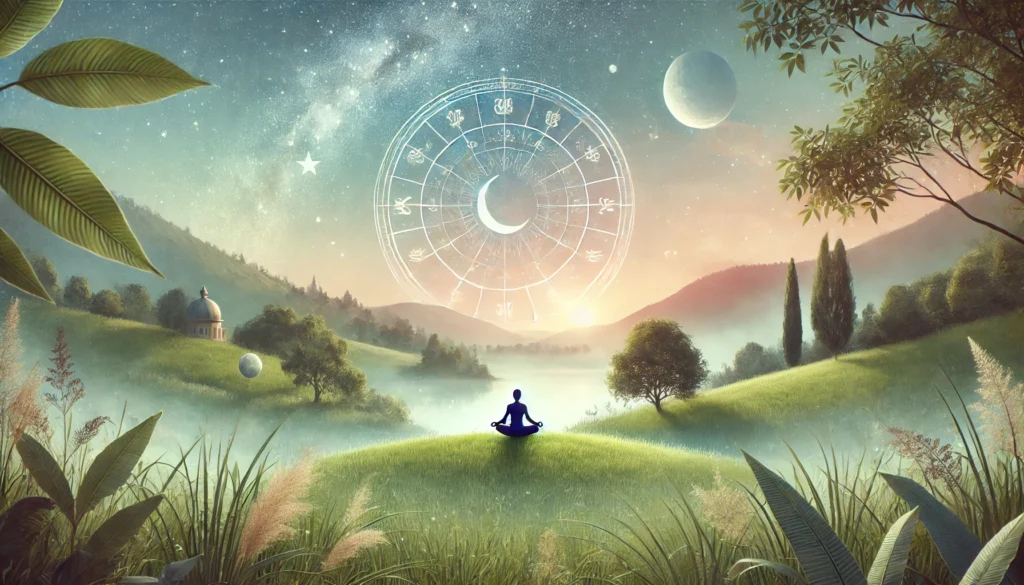Why are rituals so important to religions?

Hinduism is deeply rooted in rituals and practices that have been passed down through generations. These rituals, which start with a person’s birth and continue even after their death, hold great religious significance and play a pivotal role in shaping an individual’s life journey. Each ritual is celebrated with devotion, religious ceremonies, and often includes gatherings with family and friends.
Various Hindu Rituals Celebrated in India
Chhati Ceremony:
This ceremony is held when a newborn reaches six days of age. During this time, a priest is invited to perform rituals that purify the baby. It is also believed that the baby’s destiny is written based on the deeds from their past life on this day.
Annaprashana:
The Annaprashana ceremony marks the introduction of solid food to a baby when they are around six to eight months old. This ceremony is performed by a priest, who chooses an auspicious date for the ritual, signifying good health and future growth for the baby.
Mundan:
Mundan is a ceremony in which a baby’s birth hair is shaved off. This typically takes place when the child is between four months and three years old. A barber performs the hair shaving ritual, and the event is often followed by a feast organized by the parents.
Shraddha:
Shraddha is observed as a memorial ritual, particularly on the first death anniversary of a loved one. A priest conducts the ceremony to ensure the peace of the departed soul. Alms and donations (Dakshina) are given to priests and those in need as a part of the tradition.
The Significance of Faith and Curiosity
Faith and trust are fundamental elements of religious and spiritual life. However, curiosity also plays a key role in one’s spiritual journey. Hindu scriptures discuss the “Why,” “How,” and “What” of spiritual practices. While devotees generally accept “What” and “How,” the “Why” often leads to doubt or skepticism. Hindu philosophy encourages the exploration of “Why,” believing that a person’s perspective can transform when they receive a satisfying answer. Unlike some religions that discourage questioning, Hinduism welcomes inquisitiveness, seeing it as a way to deepen spiritual understanding.
Explore More on Hindu Rituals and Practices
Hinduism is rich in traditions that include fasting (vrats), festivals, and rituals. Many practices are believed to bring blessings, cleanse the soul, and guide individuals toward spiritual growth and inner peace. For more insights into important festivals, vrat dates, and astrology remedies, you can explore Hindu scriptures and spiritual texts.
These ceremonies are integral to the cultural fabric of India, highlighting the deep connection between religious devotion, personal growth, and spiritual reflection.


